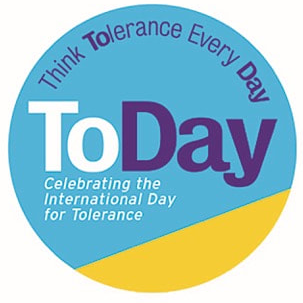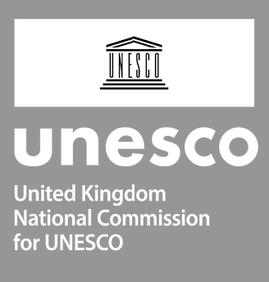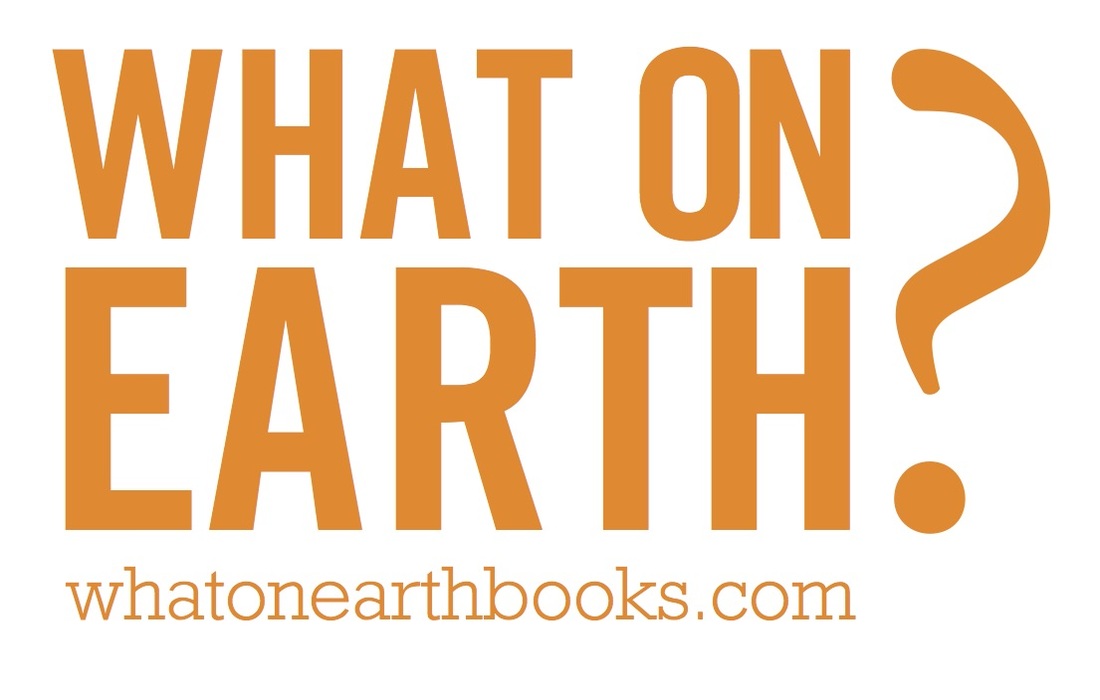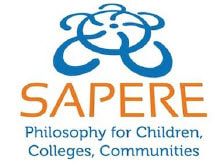|
All educational materials for Tolerance Day are being delivered under the patronage of UNESCO
Take a look at our PPT and Video ASSEMBLIES Read our latest Education Today Column |
Encouraging children to ask questions not only stimulates their curiosity but also empowers them to engage in meaningful dialogue with those who may hold different world views. Start honing questioning skills with our 3 INTERACTIVE, fun and engaging new video tutorials
|
|
|
|
|
|
“Understanding different religions and world views and therefore being able to understand the world you’re living in has got to be helpful in giving people the power to reflect on their own beliefs." JD Evans
|
Our materials aim to provide young people with the tools to understand different perspectives, to decode media bias and to engage in dialogue with people who may hold different views.
How ToDay Came About
Since 2016 Learn2Think has been providing ToDay, a free programme of specially designed and curated, curriculum – linked lessons and fun activities to help children understand and practice tolerance as a foundation for their individual world view. The hope is to promote valuable discourse and improved understanding of others’ narratives in order to build a better, kinder future.
Age-appropriate materials are available free, covering all Keystages in core curriculum subjects. They include lessons in Maths that use statistics to explore diversity within a school, in English using creative writing to imagine other people’s lives, and in PSHE and drama to understand anger and resist retaliation.
Why Are You Doing it?
We were shocked by the ramifications of the Brexit campaign. Through our work in schools, running religious tolerance workshops, we saw first-hand how anti-immigration sentiments affected young children. Eg. a mixed race 5-year-old asking if she and her Daddy were going to be deported; a 10 year old third generation Indian child being shouted at on the street to go home; leafleting against the Polish families near a school we visited.
We also saw wonderful schools that lived and thrived as multicultural communities, and wanted to see this expanded and formalised within day to day teaching.
What's the History of the UN International Day For Tolerance?
Tolerance Day was first marked by the UN International Year for Tolerance in 1995, in the wake of the racial and cultural conflicts in Africa, the Balkans, and the Caucasus, which led to the Rwandan and Bosnian genocides –As they said then, in “the interests of conflict prevention, promotion of human rights,” we need to “ encourage the values of tolerance and peace among all the people of the world.”
Since 2016 Learn2Think has been providing ToDay, a free programme of specially designed and curated, curriculum – linked lessons and fun activities to help children understand and practice tolerance as a foundation for their individual world view. The hope is to promote valuable discourse and improved understanding of others’ narratives in order to build a better, kinder future.
Age-appropriate materials are available free, covering all Keystages in core curriculum subjects. They include lessons in Maths that use statistics to explore diversity within a school, in English using creative writing to imagine other people’s lives, and in PSHE and drama to understand anger and resist retaliation.
Why Are You Doing it?
We were shocked by the ramifications of the Brexit campaign. Through our work in schools, running religious tolerance workshops, we saw first-hand how anti-immigration sentiments affected young children. Eg. a mixed race 5-year-old asking if she and her Daddy were going to be deported; a 10 year old third generation Indian child being shouted at on the street to go home; leafleting against the Polish families near a school we visited.
We also saw wonderful schools that lived and thrived as multicultural communities, and wanted to see this expanded and formalised within day to day teaching.
What's the History of the UN International Day For Tolerance?
Tolerance Day was first marked by the UN International Year for Tolerance in 1995, in the wake of the racial and cultural conflicts in Africa, the Balkans, and the Caucasus, which led to the Rwandan and Bosnian genocides –As they said then, in “the interests of conflict prevention, promotion of human rights,” we need to “ encourage the values of tolerance and peace among all the people of the world.”
why teaching tolerance matters
As UNESCO puts it, “Education for tolerance should aim at countering influences that lead to fear and exclusion of others, and should help young people develop capacities for independent judgement, critical thinking and ethical reasoning. The diversity of our world's many religions, languages, cultures and ethnicities is not a pretext for conflict, but is a treasure that enriches us all."
What is the point of Tolerance Day?
The point of the ToDay campaign in marking the UN's International Day for Tolerance is to celebrate diversity and tolerance in practice, and to ensure that we remember to make space for each other’s opinions. If opinions or ideas are objectionable or indefensible in our eyes, it is our duty to speak up and refute them. We must however try to understand the perspectives of others, develop a dialogue and build a mutual understanding, culminating in peaceful co-existence.
Tolerance is respecting the right others have to an opinion or practice, not the opinion or practice itself.
Click here for further background on Tolerance Day.
Find out more about the Seven Stages of Tolerance, a framework for embedding tolerance.
The point of the ToDay campaign in marking the UN's International Day for Tolerance is to celebrate diversity and tolerance in practice, and to ensure that we remember to make space for each other’s opinions. If opinions or ideas are objectionable or indefensible in our eyes, it is our duty to speak up and refute them. We must however try to understand the perspectives of others, develop a dialogue and build a mutual understanding, culminating in peaceful co-existence.
Tolerance is respecting the right others have to an opinion or practice, not the opinion or practice itself.
Click here for further background on Tolerance Day.
Find out more about the Seven Stages of Tolerance, a framework for embedding tolerance.
No one is born hating another person because of the colour of his skin, or his background, or his religion. Nelson Mandela
I do not like the word tolerance, but could not think of a better one. Gandhi
I do not like the word tolerance, but could not think of a better one. Gandhi





